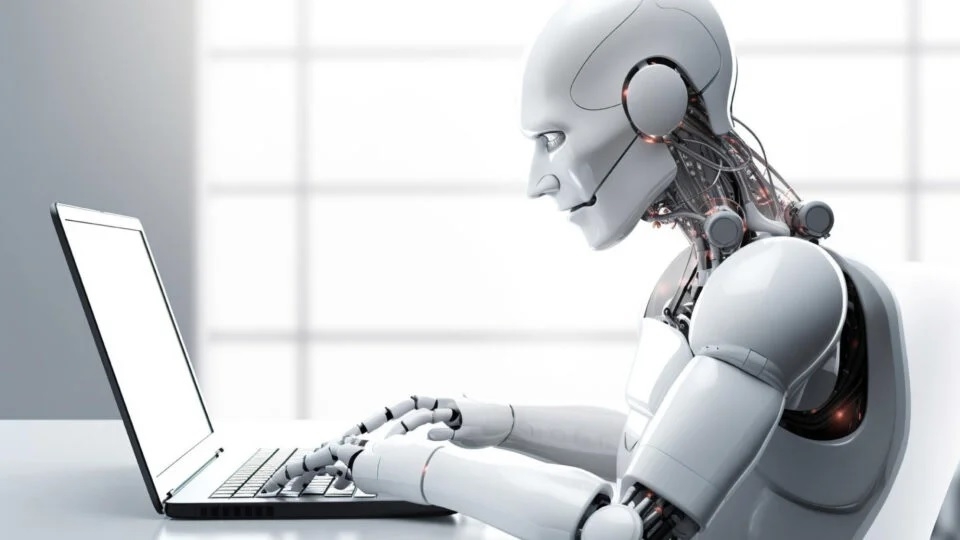Can Innovation Keep AI from Fizzling Out

It’s well known that major tech predictions have often missed the mark. Bill Gates once predicted spam would be eradicated by 2004, Clifford Stall dismissed cyber business as impractical, and Robert Metcalfe foresaw the internet’s collapse—now, perhaps, the AI singularity (AGI) by 2045 faces similar skepticism.
From digital assistants and personalized learning to detecting breast cancer risks and preventing fraud, AI has already made a profound impact. Industries such as finance, healthcare, and education have embraced the technology, leading to significant improvements.
However, emerging challenges are dampening AI’s meteoric rise. While the singularity remains speculative, critics question AI’s current capabilities and its actual value.
Some believe AI’s influence will only expand, while others anticipate its eventual decline.
AI’s Momentum: Is It Unstoppable?
AI has rapidly transformed the world, demonstrating its disruptive potential across industries. In recent years, progress has been more about refinement—enhancing capabilities, ethical frameworks, and long-term viability.
In asset management, AI has fueled revenue growth by refining data analysis for forecasting and reducing human errors, saving businesses valuable time and resources. Across various sectors, AI enhances processes, augments human intelligence, and improves efficiency.
In healthcare, AI accelerates drug discovery, enables early disease detection, and strengthens cybersecurity. In finance, it empowers traders with real-time decision-making, enhances fraud detection, and optimizes customer service. Generative AI has revolutionized content creation, from research to email marketing.
Noteworthy milestones include Singapore’s launch of the world’s first passport-free airport, advancing automated border control, and the rise of AI-driven travel influencers and alternative search engines like SearchGPT—illustrating AI’s expanding role in user experience and business transformation.
AI’s rapid adoption has triggered urgency among businesses. Many fear that not incorporating AI will render them obsolete. However, this fear might be misplaced.
Though AI’s economic impact is projected to reach $15.7 trillion by 2030, doubts persist about whether it can truly deliver on this promise. Will AI meet its lofty expectations, or will its economic impact fall short?
As AI continues to reshape industries, its long-term value remains a topic of debate, prompting reflection on the true scope of its impact.
To Know More, Read Full Article @ https://ai-techpark.com/ai-future-hype-or-reality/
Related Articles -
- Questions and Answers
- Opinion
- Motivational and Inspiring Story
- Technology
- Live and Let live
- Focus
- Geopolitics
- Military-Arms/Equipment
- Ασφάλεια
- Economy
- Beasts of Nations
- Machine Tools-The “Mother Industry”
- Art
- Causes
- Crafts
- Dance
- Drinks
- Film/Movie
- Fitness
- Food
- Παιχνίδια
- Gardening
- Health
- Κεντρική Σελίδα
- Literature
- Music
- Networking
- άλλο
- Party
- Religion
- Shopping
- Sports
- Theater
- Health and Wellness
- News
- Culture

